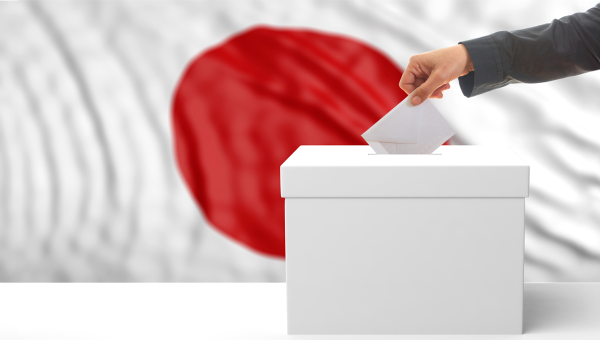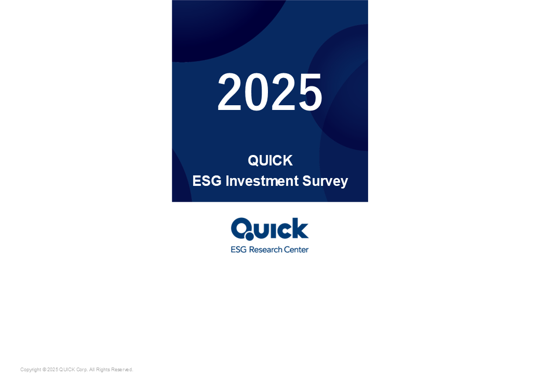Japan Markets ViewExpectations for Wage Hikes – BOJ Board Member Tamura Makes No Comment on Inspection Timing
Mar 02, 2023

[Nikkei QUICK News] There is a reasonable possibility that higher wage hikes will be realized. On February 22, Bank of Japan Policy Board Member Naoki Tamura expressed his expectations for this year’s spring labor-management negotiations at the financial and economic round-table meeting in Gunma Prefecture that took place for the first time since he had taken office in July last year. The range of wage increases is likely to be an important factor in the new structure to be launched in April in achieving a sustainable and stable price target.
In his speech, he analyzed recent price trends, noting that “in addition to the energy price increase, shifting increased costs onto prices is intensifying in a wide range of goods, particularly in food, daily necessities, and durable goods.” He also pointed out that the price pass-through is gaining momentum in the household services sector, such as housing construction, and in the general services sector, such as food services. Furthermore, with the ongoing price pass-through by companies and the accelerating pace of service price increases, “we cannot rule out the possibility of higher-than-expected price increases,” he said.
In the “Outlook for Economic Activity and Prices (Outlook Report)” released in January, the BOJ indicated the outlook that the price increase rate would slow down due to a lull in price pass-through. The BOJ also suggested that the Consumer Price Index (CPI) for all items excluding fresh food would decline to the mid-1% range in FY2023. Mr. Tamura, who suggested the possibility of higher-than-expected price increases, remains cautious so far, saying, “We have not yet reached a situation where the 2% ‘price stability target’ can be realized in a sustainable and stable manner.”
He emphasizes that the key factor necessary for realizing the price target is “whether wages will rise at a pace commensurate with the large increase in consumer prices. His stance is that we need to make sure the inflation is backed by higher corporate profits and wages, and that a virtuous cycle in the economy has been in place.
He cited this year’s spring labor-management negotiations as a point of focus. At the press conference held after the meeting, he noted, “Compared to a year earlier, the positive stance toward wage increases has strengthened in the political, labor, and management sectors.” In light of the factors such as strong corporate profits and labor shortages, he expressed expectations that “higher wage hikes” may be realized.
However, he said that he “does not consider the realization of sustained wage increases to be the base scenario,” and he is prepared to assess the attitude of companies toward wage increases through the spring labor-management negotiations. He also made no specific reference to inspections and verifications of the monetary policy framework and price target, which he insisted on in an interview with the press last December, saying, “We will make a decision based on the situation of prices, the economy, and wage increases at that point in time.”
Yet, it is clear that there is a movement toward wage increases as a response to inflation, especially in large companies. It is evidenced by Toyota Motor Corporation’s response to the labor union’s request for a wage increase and lump-sum payment in the full amount on February 22. We may be entering a phase of identifying signs that the virtuous cycle envisioned by Mr. Tamura is coming into reality.
(Reported on February 22)
NQN News on QUICK Data Factory
https://corporate.quick.co.jp/data-factory/en/product/data017/




